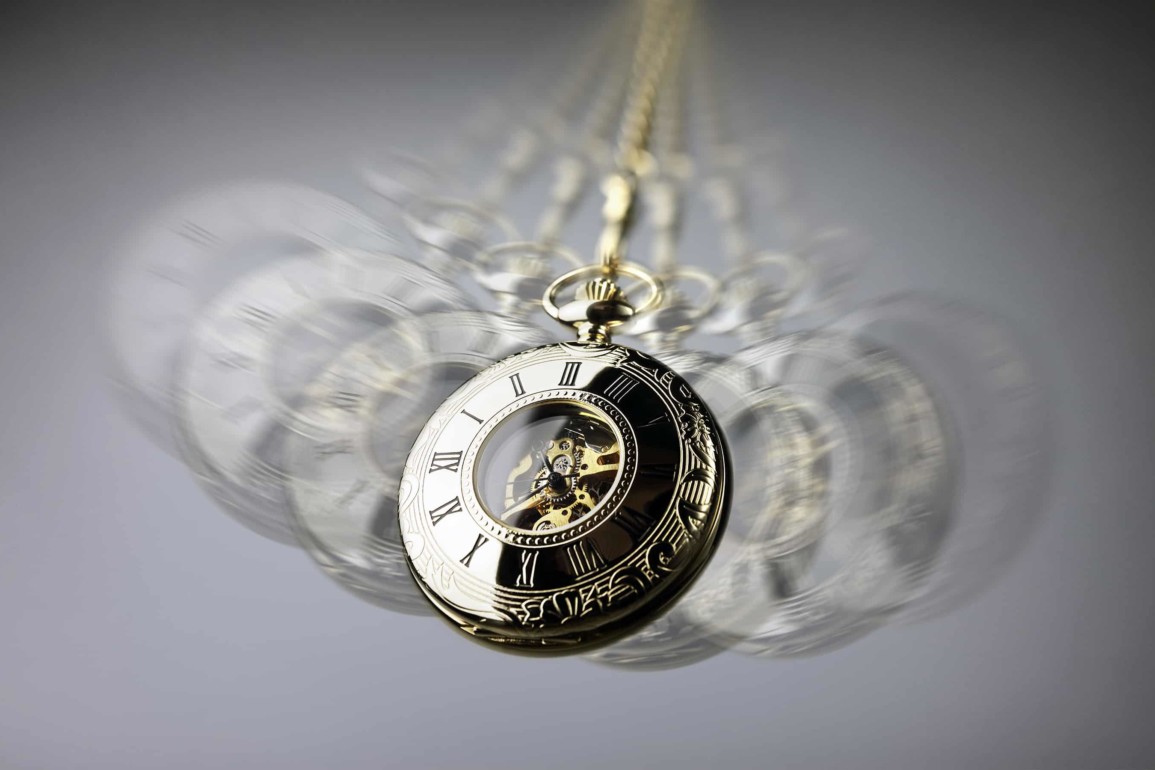You’re feeling sleepy…very sleepy…
Hypnosis is a concept many of us associate with old-fashioned magician stage shows. Pop culture has transformed the practice into a farce, where unwitting participants stare at a moving metronome and end up clucking like chickens.
However, studies are beginning to indicate that sleep hypnosis could be an appealing solution to your issues with sleep. Hypnosis comes from the Greek word hypnos and actually means sleep.
If you’re one of the millions of people suffering with sleep deprivation, sleep disorders, or just a basic diagnosis of insomnia, then hypnosis for insomnia could be worth a shot.
Countless therapists and experts are beginning to tout the benefits of hypnosis for sleep and depression. They believe the deep sleep relaxation hypnosis really helps.
The hypnosis targets the subconscious mind and hypnosis for insomnia could help to get the circadian rhythm back on track.
So, can hypnosis help you sleep better?
Let’s find out.
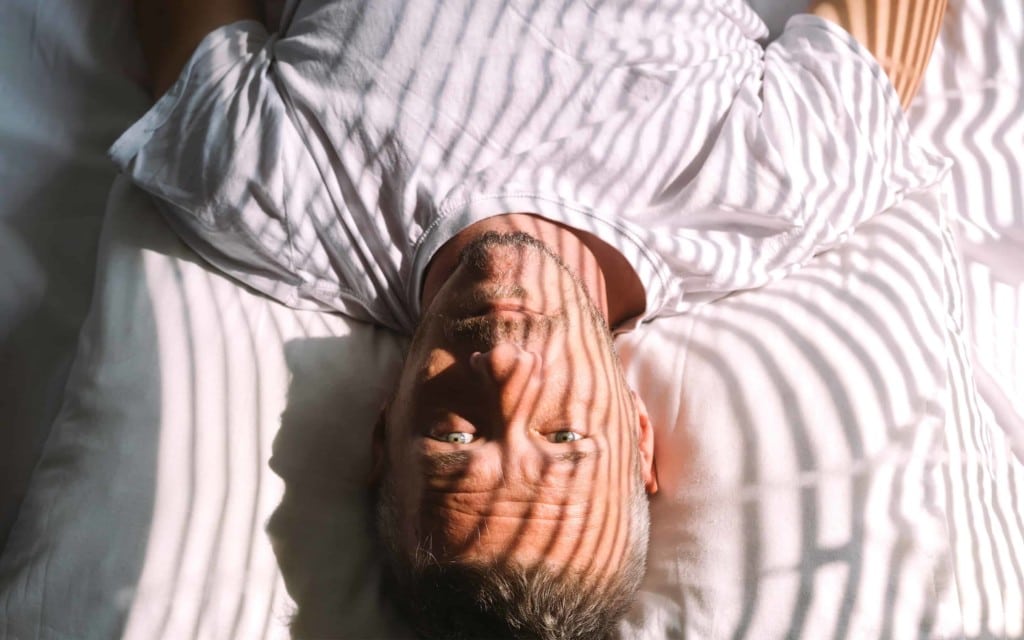
Hypnosis for sleep: The basics
Hypnosis for sleep is an alternative therapy that combines deep relaxation and focused thought patterns to influence human behaviour. Also known as hypnotherapy.
During hypnosis, participants are awake, but often in a kind of “trance” state. Some studies have shown that hypnosis is great at reducing anxiety, managing chronic pain, and even minimising depression when combined with other forms of therapy.
As experts continue to search to the solution for insomnia and parasomnias, hypnosis for better sleep is becoming increasingly compelling.
However, for the time being, the research available into this topic is limited. We’re not 100% sure how effective hypnosis for sleep deprivation really is.
For instance, one overview into the published research on hypnosis for insomnia found it to benefit participants in at least 58% of the available reports. That still leaves a number of studies that showed no discernible impact of hypnosis on sleep disorders.
Despite an absence of clinical evidence, people exposed to hypnotherapy often say that hypnosis promotes calmness and a more profound sense of relaxation.
If you can use a hypnosis session to wind down, then it would make sense that hypnosis would help you to get more sleep too.
One particularly interesting study into hypnosis and sleep appeared in an episode of the “Sleep” journal. The Swiss scientists in the research enlisted 70 otherwise healthy women between the ages of 18 and 35. They divided them into groups of people who were either “highly suggestible” to hypnosis, or not very suggestible.
All women were given either 13-minute sleep hypnotherapy tapes or tapes that weren’t intended to improve deep sleep. The two groups were allowed to fall asleep listening to the tape for a period of 90 minutes. During their time sleeping, the brain activity of the women was recorded using an ECG.
The results of the research indicated that hypnosis for insomnia had little to no effect on women with lower suggestibility ratings. However, women who were deemed “highly suggestible” experienced deeper sleep by up to 80%.
Additionally, the time these women spent awake when listening to their hypnosis tapes was reduced by 67%.
To highlight the impact of the link between hypnosis and sleep, when listening to the non-hypnotic tapes, the women didn’t experience any change to their sleeping patterns, regardless of whether they were highly suggestible or not.
In the Swiss research, the scientists concluded that people who were high suggestible could potentially use hypnosis for sleep problems and insomnia.
While we still need to do more research to answer the question “does hypnosis work?” this study seems to indicate that if you’re open to hypnosis for sleep, then it can have a real impact.
Professional hypnosis to go to sleep
So, how exactly does hypnotherapy for sleep work?
Do hypnosis specialists swing a clock back and forth in front of your face for a few minutes? Or do they ask you to stare into the middle of a rotating swirl of colours? The simple answer is no.
Hypnosis for insomnia is a natural treatment for chronic sleep disorders that uses deep guided relaxation to unlock the subconscious mind and encourage beneficial mental activity.
During a period of hypnosis for sleep disorders, an expert guides an individual into a trance-like state where they may be open to suggestion. While you’re “under,” your therapist can address some of the underlying anxiety, fear, or stress that might be preventing a higher quality of sleep.
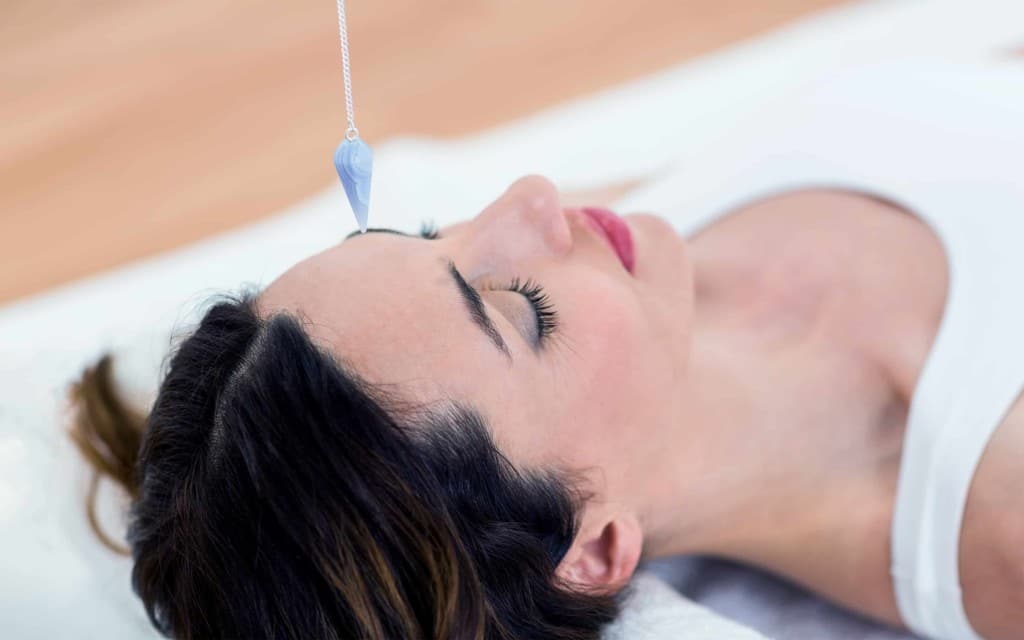
How hypnosis for sleep works and hypnotizing yourself to sleep
Usually, hypnotherapy for sleep is induced by a specialist. However, there are a growing number of tools available on the market today that allow people to do self hypnosis for sleep.
If you like the idea of using natural treatments for insomnia, then you might be able to use a meditation or self-hypnosis app to induce your own therapy.
The app or online self-hypnosis tool might suggest that you imagine or picture something to be able to enter hypnosis. Imagination in hypnosis can be voluntary or receptive(involuntary). Self-hypnosis can use both types. With receptive imagery, the images come without conscious effort.
An example of using receptive imagery is to establish a purpose for entering hypnosis (ex: to improve sleep or to solve a problem), and then to observe passively what imagery occurs on its own, without exerting conscious effort.
Some people believe that self-hypnosis techniques are excellent at getting the attention away from feelings of stress and anxiety before bedtime. If you can keep your mind in the moment and relax, you’re more likely to have success with your nightly meditation sleep hypnosis.
Whether you work with a specialist on deep sleep hypnosis, or take the DIY approach, the experience is very similar to losing track of time when you’re daydreaming or watching television.
You’re not hallucinating or asleep, but you aren’t actively paying attention to your physical surroundings either. Usually, a session of hypnosis for good sleep will include:
- Relaxation and the release of tension: Your therapist encourages you to relax your muscles and get comfortable.
- Letting go: You use guided imagery and concentration to switch your thoughts from worrying matters to something more positive.
- Opening the subconscious: Your hypnotherapy app or professional will prepare you to go into a state of more profound relaxation and access your subconscious.
- Breathing: You focus on your breathing patterns and enjoying the feeling of your lungs filling with air.
- The suggestion: A sleep hypnosis specialist can implant suggestions into your mind that make it easier for you to fall asleep when you’re visualizing a specific image or feeling a certain way. In other words, hypnotic images for sleep.
Hypnosis and insomnia: How hypnosis helps
According to the Sleep Health Foundation, 1 in 3 people have a mild version of this condition. For people with chronic sleeping issues, insomnia can have a very significant impact on quality of life.
Long-term or chronic insomnia refers to consistent sleep disturbances that stop you from getting the most out of your life. Hypnosis for insomnia is often reserved for the more “chronic” stages of the condition. However, you can use basic self-guided hypnotism to tackle short-term insomnia too.
For instance, if you’re suffering from acute insomnia that’s messing up your sleep cycles, a guided hypnosis app or online hypnosis will give you a step-by-step process for winding down.
The online hypnosis app can also assist with eliminating the feelings of stress and anxiety that might be preventing you from enjoying a good night of rest.
For long-term issues, hypnosis for insomnia focuses on building a strategy that people can use to improve their sleeping pattern.
Hypnotherapy for insomnia generally works well if people have started to feel anxious about the idea of going to sleep. For instance, if you’ve spent several days tossing and turning when you go to bed, unable to fall asleep, then you might start to feel worried that you’re never going to get any rest.
The worry of being unable to sleep may be ironically keeping you awake. Through hypnosis for insomnia, your therapist can challenge this belief, and make it easier to relax.
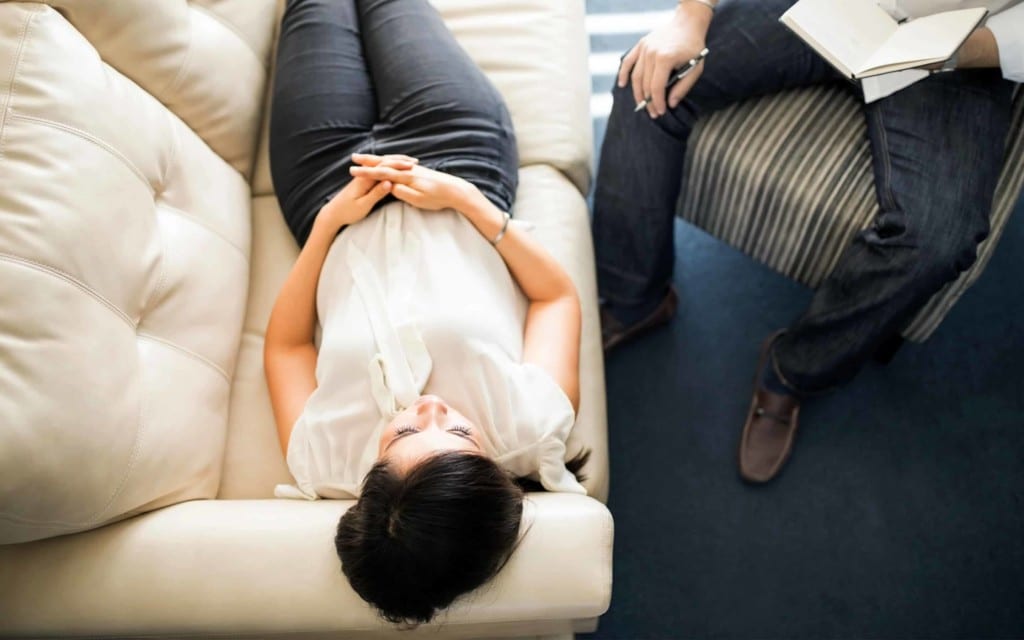
Hypnosis for sleep disorders
Hypnotherapy isn’t just a strategy for people experiencing insomnia.
These days, there seems to be a guided relaxation treatment for everything, from hypnosis for sleep and energy to sessions for stress, depression, and even parasomnias.
Once again, research suggest that hypnosis for sleep problems works best when the person receiving treatment is open and suggestible.
In other words, if you don’t believe it’s going to work for you, then it probably won’t. However, if you keep your mind open to the idea of sleep hypnotherapy, then you could use this treatment. Try the following:
Hypnosis for jet lag
Travel is a wonderful experience, but it also plays havoc with your sleep schedule. When you cross time zones, you through your internal clock out of whack.
Fortunately, sleep hypnosis gives you an easy way to reset that internal clock. You can use a series of guided hypnosis sessions when you get home from your vacation to slip more naturally back into a routine.
Hypnosis for Restless Legs Syndrome
This is another common condition addressed by hypnotherapy for sleep. If you have Restless Legs Syndrome, you might feel the constant urge to fidget and move.
Obviously, this makes it pretty difficult to fall asleep. If you can’t keep still at night, then you’re going to disturb and disrupt yourself on a regular basis.
Hypnosis can provide a great way to overcome the underlying causes of RLS as the mind and body are deeply interconnected.
Hypnosis for nightmares
We all experience upsetting and vivid dreams from time-to-time. However, if you’re constantly plagued by horrifying images in your dreams, then you may have a nightmare disorder.
This condition makes it difficult to enjoy periods of deep sleep as disturbing or scary dreams constantly awaken you. Hypnosis for sleep and stress gets to the bottom of the causes of your nightmares. Hypnotherapy address the subconscious targeting the nightmares differently.
Hypnosis for sleepwalking and sleep talking
Sleepwalking and sleep talking are usually harmless disorders, but they can be embarrassing and upsetting at times too. Talking during your sleep might just lead to a few laughs from your partner.
However, getting up and walking around could put your physical safety at risk. Fortunately, deep sleep hypnosis can help to address the reasons why you’re acting out your dreams. Combined with other treatment strategies, this solution could help to keep you in bed.
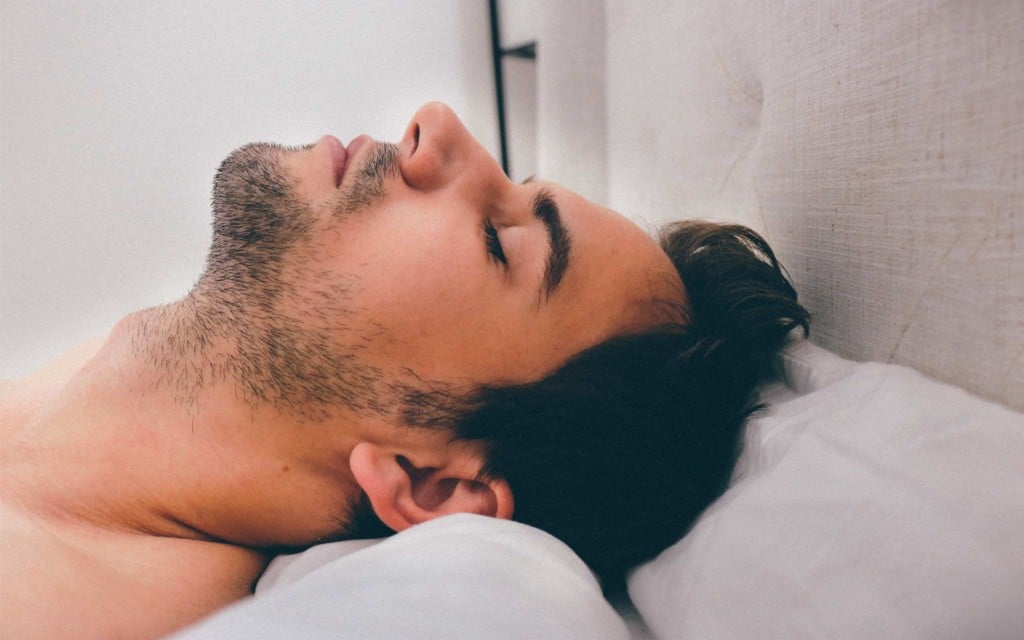
The benefits of using hypnotherapy for sleep
Some people swear by the benefits of hypnosis for excellent rest. Other people are convinced that this solution doesn’t work at all.
Ultimately, your experience of hypnotherapy for sleep will depend on you. Studies have concluded that hypnosis can help with sleep disorders — but only if you’re open to it.
If you’re classed as a “suggestible” individual, which means that your mind is open to ideas during states of deeper relaxation, then hypnosis for sleep problems can help you to:
Increase deep sleep
By making it easier for your mind and body to relax, hypnotherapy increases your ability to move seamlessly into the crucial deeper stages of sleep. As well as helping you to fall asleep faster, hypnosis for sleep improve the quality of the rest you get when you finally achieve your slumber.
As we mentioned above, Swiss researchers in 2014 found that a sleep hypnotherapy recording leads to a highly improved quality of sleep for suggestive participants. The people susceptible to hypnosis fell asleep faster, stayed asleep for longer, and enjoyed a deeper state of sleep too.
One similar study conducted in the 90s also found that people using self-hypnosis were able to significantly increase their quality of sleep. 74% said that their sleeping patterns were very improved.
Fall asleep faster
Deep sleep hypnosis is all about relaxation. One study exploring the effect of regular weekly sessions of hypnotic relaxation highlights many benefits. The results of the report found that participants receiving hypnotherapy for sleep fell asleep faster compared to the controlled stimuli and placebo groups.
Avoid sleepwalking and night terrors
A study in 2007 examined the impact of hypnosis for sleep problems on a variety of disorders, including night terrors and sleepwalking.
The participants in the study received a single treatment but found that their sleeping patterns improved significantly after a month.
Hypnosis for quick sleep
Hypnosis for sleep and happiness has gained so much attention over the years. The reason being it helps us to align our thoughts and achieve deeper states of relaxation.
You go to bed after a long day, and you can’t stop thinking about what happened during that day, or what might happen in the day ahead.
It’s hard to drift off when your mind is so active, and your nervous system is overwhelmed with emotion. Hypnosis for quick sleep creates a better internal environment in your account to encourage sleep.
Relax physically and mentally
Hypnosis in general is great at reducing feelings of stress and tension in the body. Experts use guided deep muscle relaxation strategies to help you pay attention to the points of tension in your body and actively let go of pressure.
Like meditation, hypnosis is a great way to fully relax the body, and help the mind let go of the negative thoughts that you might be focusing on.
Prepare for sleep
As part of your regular sleep hygiene routine, hypnosis for sleep can help you to enter into a state where you’re more able to drift off into slumber. The hypnotic trance state can feel very similar to sleep for some people. The suggestions made to you during these moments may make it easier to drift into sleep.
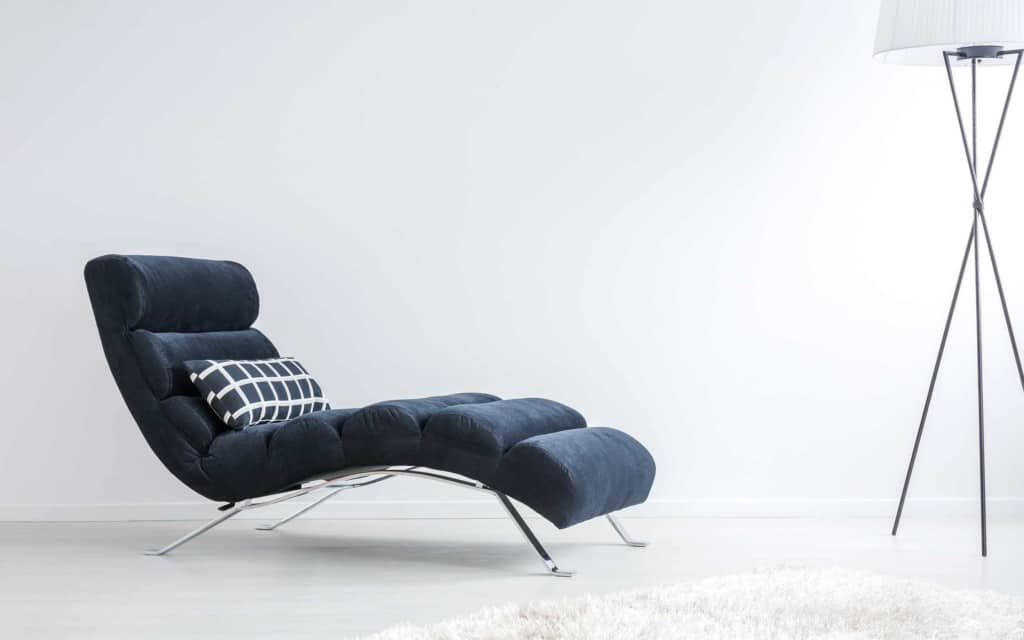
How to get started with sleep hypnosis
So, how can you start using hypnosis for sleep?
Well, there are plenty of options available. If you’re looking for an easy strategy to encourage higher levels of deep sleep, then a professional offering one-on-one support is one option.
Specialist sessions with a hypnotherapist provide personalised guidance. You can continue to use the hypnosis instruction at home once your sessions are over.
During a deep sleep hypnosis session with an expert, your hypnosis specialist will guide you through relaxation techniques specifically designed to help you achieve the perfect hypnotic state.
Hypnotists can also assist with overcoming sleep disorders caused by nightmares and night terrors. These professionals are excellent at getting to the bottom of the anxious thoughts that disrupt your sleep.
If you’re not ready for professional hypnosis yet, or you’re not sure that sleep hypnosis is right for you, then you could also consider trying hypnotizing yourself.
There are plenty of mobile apps that give you steps to follow to induce your own trance-like state. Using these guided recordings and instructions, you can learn how to use hypnotherapy for sleep in the comfort of your own home.
Usually, the tools available for self-hypnosis include recordings that deliver the same kind of guided experience that you would get from a professional.
The main difference here is that self-hypnosis content is designed to apply to anyone. You don’t get the same kind of specific and customised care that you would experience if you were to work with an expert.
Whichever path you choose to take, it’s essential to give it time. You might not instantly start getting the right amount of sleep after your first sleep hypnotherapy session.
Like most forms of alternative treatment and therapy, this kind of strategy will require commitment and dedication. You’ll need to be open to seeing results, and be patient with the outcomes.
Many people find that it takes five or six sessions of hypnotherapy before they begin to notice long-lasting results to their sleeping schedule. However, you could experience deeper senses of relaxation and comfort from the day you start using sleep hypnosis for the first time.
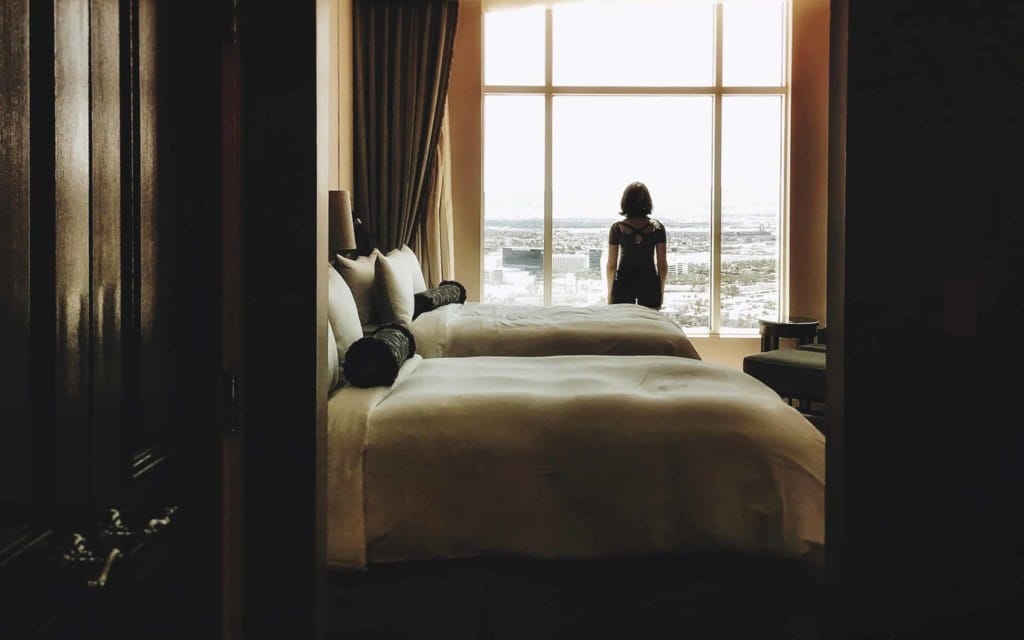
Can hypnosis help with sleep problems?
There’s no guarantee that you’ll benefit from hypnotherapy for sleep.
However, there’s nothing to suggest that you won’t see results from this treatment either. Hypnotherapy for sleep disorders addresses the idea that the root cause of your sleeping problems might be buried in your subconscious.
That makes sense when you consider how many people are kept up at night worrying about the future or panicking about the stresses of the next day.
If you’ve been dealing with sleep struggles for a while now, then you might need a mental reboot to help you bring your circadian rhythm back on track.
Hypnosis for sleep and insomnia can help with this. Not only does this strategy reintroduce you to positive methods of relaxation, but it also lacks the common side effects associated with prescription and over-the-counter sleep medications.
The most important thing to keep in mind is that hypnosis only works if you let it. If you’re continually telling yourself that this strategy is nonsense, or that it’s not going to work, then you probably won’t see results. However, if your mind is open to things like relaxation and suggestion, then hypnotherapy could work for you.
Have you tried using our other sleep advice? Stay tuned here at Siestio for more insights into strategies for overcoming insomnia.
Siestio. Sleep Matters.
General advice disclaimer
This article contains general tips and advice. However, no diet or exercise program should be started without consulting your physician or other industry professional first. For more information read our full disclaimer here.

